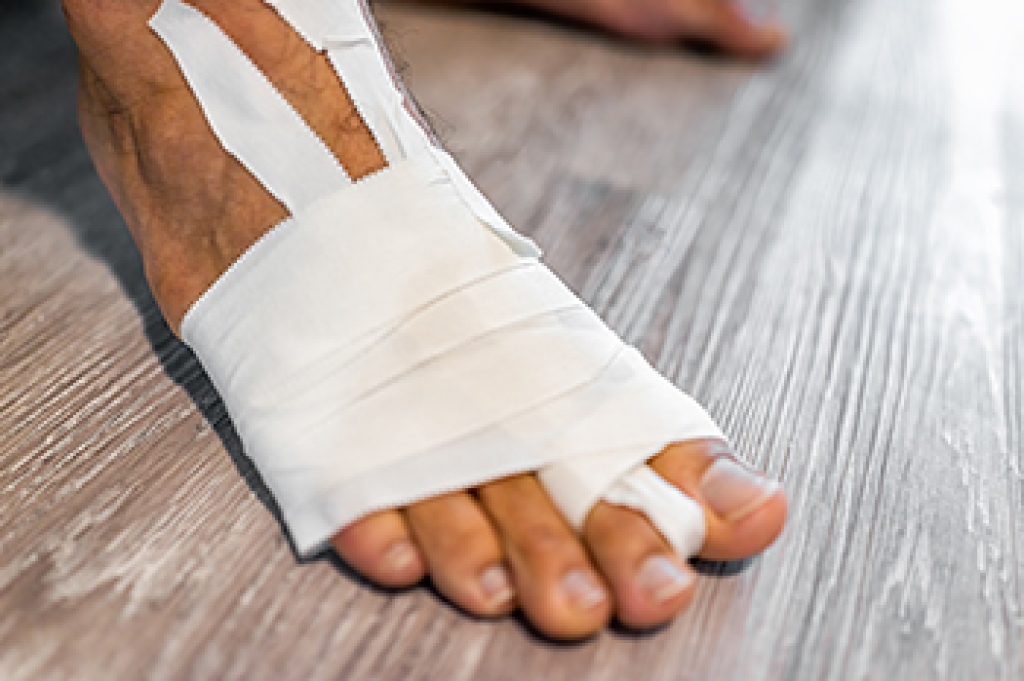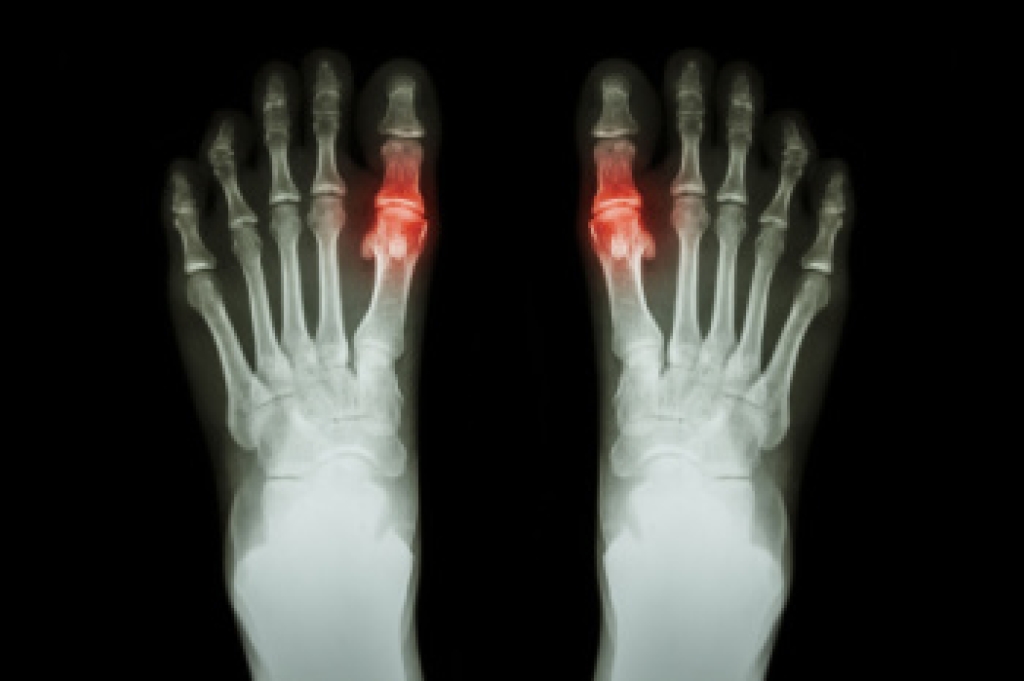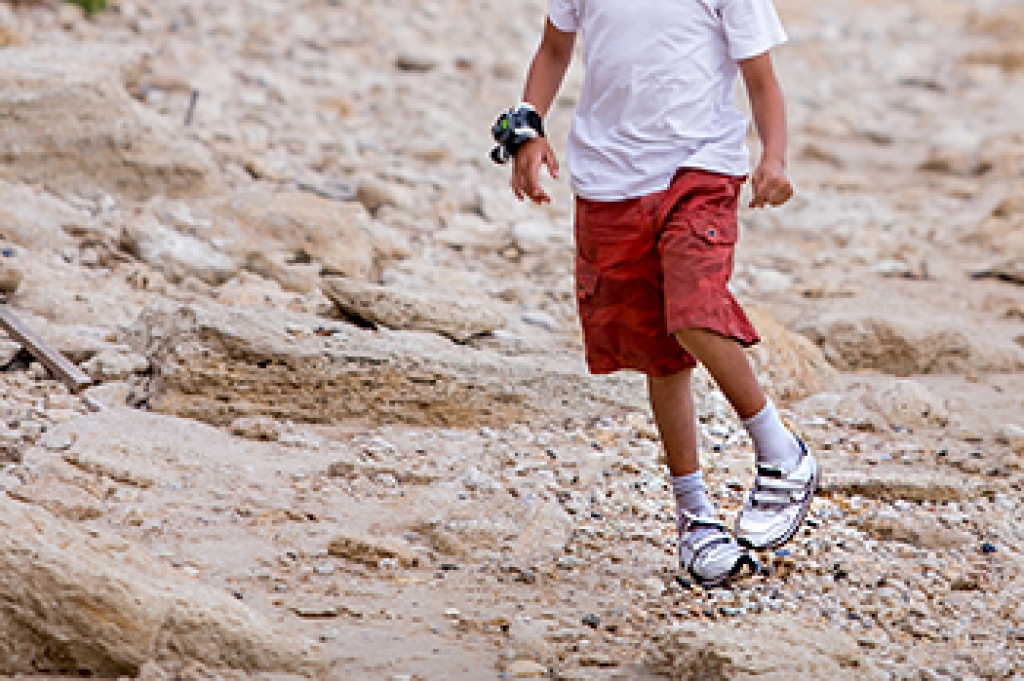
Turf toe is a sprain of the ligaments surrounding the big toe joint, usually caused by sudden hyperextension during sports or activities on firm surfaces. It commonly occurs when the toe bends upward beyond its normal range, placing stress on the soft tissues. A mild injury, or grade 1 injury, involves stretching of the ligaments with tenderness and slight swelling. A moderate injury, also known as a grade 2 injury, includes partial tearing with increased pain, swelling, and limited movement. A grade 3 injury, or severe injury, involves a complete tear, significant swelling, bruising, and difficulty bearing weight. Symptoms include pain at the base of the big toe and reduced flexibility. If you have symptoms of turf toe, it is suggested that you promptly consult a podiatrist who can offer effective relief and treatment techniques.
Toe pain can disrupt your daily activities. If you have any concerns, contact Elie C. Daniel, DPM of Illinois. Our doctor can provide the care you need to keep you pain-free and on your feet.
What Causes Toe Pain?
Most severe toe pain is caused due to a sports injury, trauma from dropping something heavy on the toe, or bumping into something rigid. Other problems can develop over time for various reasons.
Toe pain can be caused by one or more ailments. The most common include:
- Trauma
- Sports injury
- Wearing shoes that are too tight
- Arthritis
- Gout
- Corns and calluses
- Hammertoe
- Bunions
- Blisters
- Ingrown toenails
- Sprains
- Fractures (broken bones)
- Dislocations
When to See a Podiatrist
- Severe pain
- Persistent pain that lasts more than a week
- Signs of infection
- Continued swelling
- Pain that prevents walking
Diagnosis
In many cases the cause of toe pain is obvious, but in others, a podiatrist may want to use more advanced methods to determine the problem. These can range from simple visual inspections and sensation tests to X-rays and MRI scans. Prior medical history, family medical history, and any recent physical traumatic events will all be taken into consideration for a proper diagnosis.
Treatment
Treatments for toe pain and injuries vary and may include shoe inserts, padding, taping, medicines, injections, and in some cases, surgery. If you believe that you have broken a toe, please see a podiatrist as soon as possible.
If you have any questions please contact our offices located in Princeton, Peru, and Mendota, IL . We offer the newest diagnostic and treatment technologies for all your foot and ankle needs.




